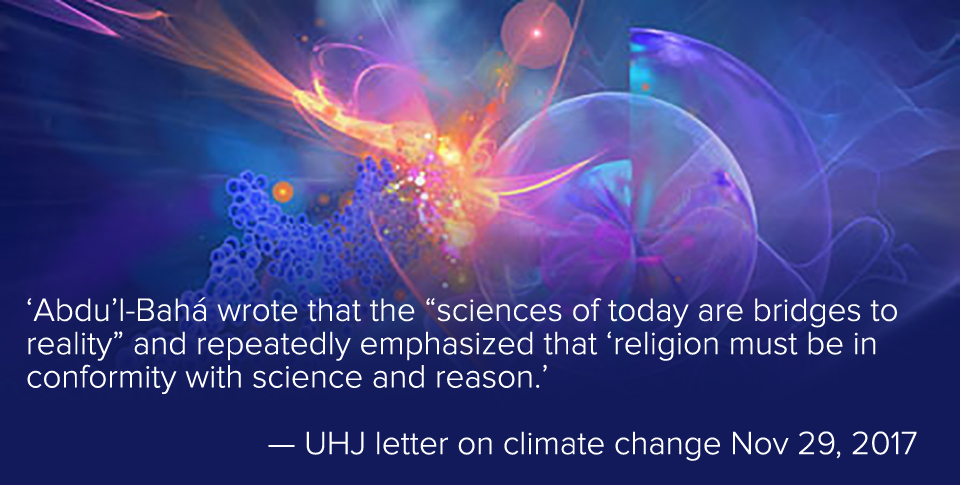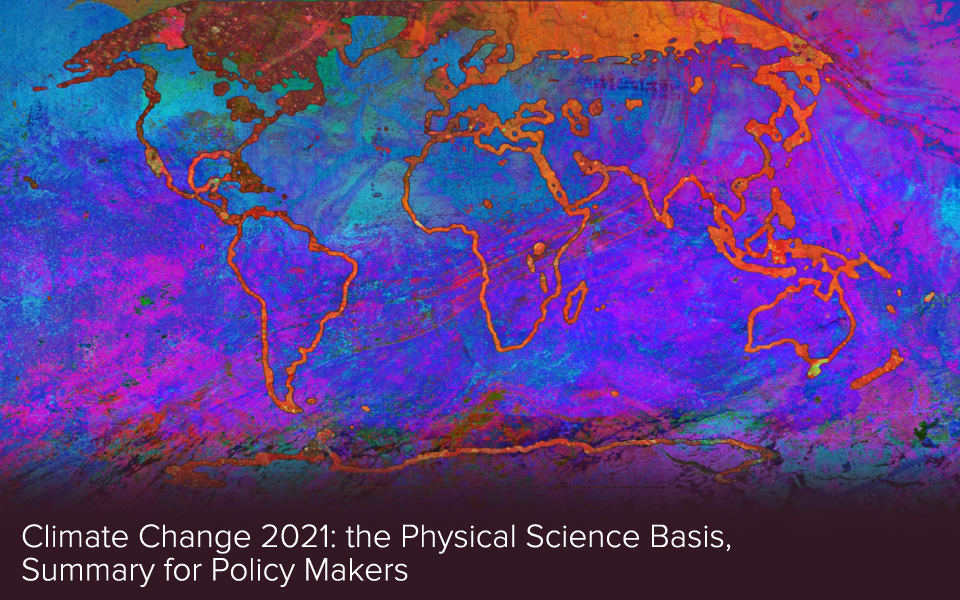 |
 |
|
October 21, 2021 Climate Future in Ottawa “Among the Bahá’í teachings are those concerning the importance of science. 'Great indeed is the claim of scientists … on the peoples of the world,'" Bahá’u’lláh observed. ‘Abdu’l-Bahá wrote that the “sciences of today are bridges to reality” and repeatedly emphasized that ‘religion must be in conformity with science and reason.’" — Universal House of Justice, letter on climate change Nov 29, 2017 
If it seemed like a hot summer this year, consider the prediction that in Ottawa the number of days over 30C will more than double from 11 in 2010 to 25 to 28 days in the 2030s. Or that winters will be four weeks shorter by the 2030s. More very hot days in Ottawa will mean more mosquitoes and more ticks and as a consequence, more West Nile disease and more Lyme disease cases. Hotter days also trap more pollution at ground level and will increase asthma cases and other respiratory illnesses. Much shorter winters will mean a month cut from the cross-country skiing season in the area and fewer days of skating on the Rideau Canal. Other predictions for the Ottawa area include a 20% increase in intense rainfall, more heat waves, more very cold days, and more freeze/thaw cycles. More intense rainfall means more flooding of basements and roads and more runoff problems on household properties. More freeze/thaw cycles mean many days of icy roads and sidewalks. * These stark predictions of inevitable climate change in the Ottawa region were part of the information recently shared at the first Environment Café 613 hosted by Ottawa Cluster Environment Group on September 28. The new online café, open to all, combined prayers about nature and responsibility for all of humanity with a discussion about how we can share our knowledge more widely and encourage everyone to take personal and collective action to change the future. It was an opportunity to have an informed discussion about the issue with a short primer on how that enormous problem will affect us where we live.  The latest report, Climate Change 2021: the Physical Science Basis, Summary for Policy Makers, from the International Panel on Climate Change (IPCC) released in August outlined several changes we will see by the 2030s that are now inevitable. It also predicted even more dire consequences by 2050 if we don’t take immediate action; 234 scientists representing all the countries at the United Nations read more than 14,000 scientific papers to come to the conclusions of this report – which will be discussed by world leaders at the Climate Change Summit in Glasgow in November. It was summarized by a scientist and professor Kimberly Nicholas at Lund University in Sweden with 5 simple phrases: “It’s warming. It’s us. We’re sure. It’s bad. But we can fix it.” ** Reducing greenhouse gas emissions on a global and national scale by dramatically – and immediately – reducing fossil fuel use is essential. Participants in the café discussion talked about our moral responsibility to act and also shared ideas for personal and household adaptation at the local level. These included more tree planting in the hottest parts of the city and constructing permeable driveways to improve runoff. The IPCC report says there is still hope. If we act now and support our governments at all levels to take immediate action, we can stop the warming of the planet at 1.5 degrees and reduce the extremes that are forecast after the 2030s. Reducing greenhouse gas emissions dramatically at a global and national level is essential. Data sources: * Climate Projections for the National Capital Region , ** Alliance for Science
Environment Café 613
will be held the last
Tuesday of every month at
7:30 pm. The next online café will be held October 26 and will look at
the sacred writings about environmental stewardship in all religions.
Anyone interested can contact OCEG at
ottawaclusterenvironment@gmail.com.
|
|
|